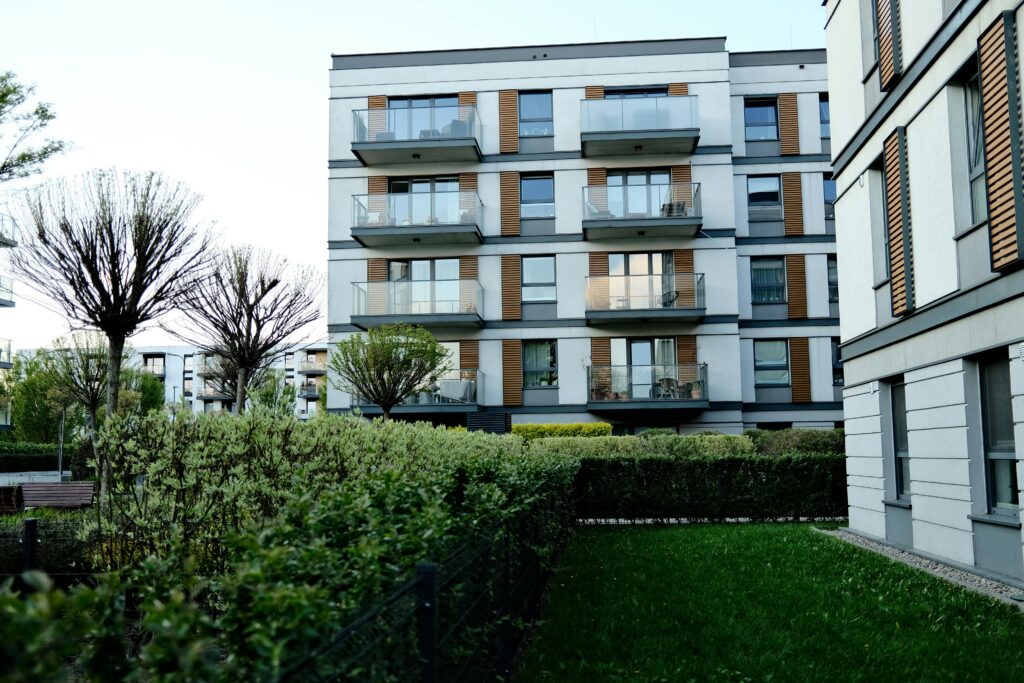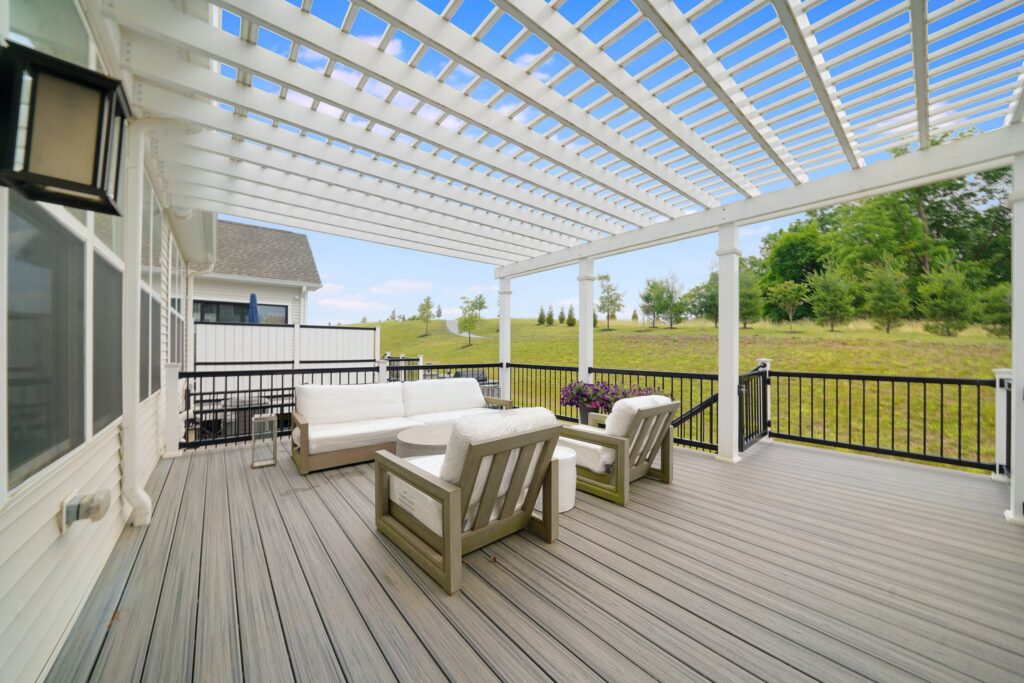
How to Keep Common Areas in Top Shape Across Multi-Family Properties
Shared spaces in multi-family buildings leave a lasting impression. They affect how tenants feel about their homes and visitors’ views of the property. When these areas stay clean and well-maintained, tenants feel more comfortable and are more likely to renew their leases. That’s one reason many owners choose professional multi-family property management in Malvern, PA.
This guide explains which areas need the most attention, how to maintain them consistently, and how working with a multi-family property management company can make upkeep easier.
What Areas Need the Most Attention

Some common areas need more frequent care because people use them so often. Paying attention to these spaces first makes a big difference. It keeps the building looking neat and helps catch minor problems early.
Lobbies, Hallways, and Stairwells
These areas see a lot of foot traffic. Dirt builds up on floors, and scuffs appear on walls. Lighting may stop working or feel too dim. Cleaning and checking lights often helps these spaces feel safe. Painting and clearing out clutter also make a big difference. When these areas are clean and organized, they set a positive tone for the rest of the building. A well-lit, well-maintained lobby makes tenants feel at home inside. These first impressions matter, but so do the smaller functional spaces tenants rely on daily.
Elevators, Mailrooms, and Utility Rooms
Tenants use these areas every day. Elevators need regular checks to stay safe and working. Mailrooms should remain clean and organized. Utility rooms must be secure and free of trash. When these areas work well, tenants notice fewer problems. These spaces also affect how smoothly daily routines go. If an elevator breaks down or the mailroom gets cluttered, it creates frustration and delays. Like indoor areas, outdoor spaces also need regular attention to stay safe and enjoyable.
Outdoor Common Areas
Keep walkways clear, bushes trimmed, and trash picked up. These spaces include gardens, seating areas, or paths. They may need extra care during certain times of the year. In fall, remove leaves. In winter, the snow is clear. This helps make outdoor areas safe and pleasant. Adding plants or seasonal touches also improves curb appeal. A clean, well-kept outdoor space allows residents to relax and enjoy fresh air.
How to Maintain These Spaces Consistently
Good maintenance depends on clear plans and regular follow-through. With a few simple steps, keeping common areas in shape becomes easier.
Routine Maintenance Plans
Create a list of what needs to be done daily, weekly, or monthly. Lobbies might need daily vacuuming, while utility rooms might only need weekly checks. A regular schedule helps staff and vendors stay on track. Make sure the schedule fits the needs of the property. Once you have a schedule, the next step is ensuring everyone knows their role. High-use areas will need more frequent attention, while others can be handled less often.
Assign Responsibility and Track Tasks
Decide who handles each task. For example, staff can clean inside areas, while a vendor handles lawn care. Use a log or checklist to track completed work. This helps you follow up and avoid missed tasks. Assigning tasks helps reduce confusion and keeps everyone accountable. Reviewing the log weekly helps spot patterns and plan improvements.
Make Reporting Simple for Tenants
Tenants often spot problems first. Give them an easy way to report issues. That could be an online form, a phone number, or a drop box. Respond quickly so minor problems don’t turn into bigger ones. Let tenants know their feedback is valued. Quick action builds trust and shows that property managers care about the building and its people.
Promote Tenant Engagement
Let tenants know they help keep shared areas nice by posting simple signs or reminders. Share the cleaning schedule in the elevator or mailroom. When tenants care, they’re more likely to keep things clean. You can also send occasional email updates with friendly reminders or seasonal tips. Small steps like these encourage a sense of community. Still, managing all these moving parts takes time and consistency, which is where a property manager can help.
The Role of a Professional Property Manager
Working with a property manager makes staying on top of maintenance easier. Property managers bring experience, structure, and the right people for the job. Many owners rely on expert multi-family property management in Malvern, PA, to keep buildings running smoothly.
Systematic Oversight and Vendor Management
Property managers know how to schedule tasks and manage vendors. They work with cleaners, landscapers, and repair workers. They make sure the right things happen at the right time. Property managers also check on quality and ensure that vendors meet expectations. This helps avoid recurring issues or delays.
Preventive Maintenance
A good manager doesn’t wait for problems. They check spaces regularly and fix small issues before they grow. This helps avoid surprise costs and keeps tenants from being frustrated. Preventive care also extends the life of your building’s systems and finishes. Replacing a light bulb now is better than replacing a damaged fixture later.
Better Tenant Experience and Property Performance
Clean and working common areas lead to fewer complaints. Tenants feel more comfortable and stay longer. Smooth operations also protect the building’s long-term value. When the property runs well, owners see fewer vacancies and less turnover. That means fewer costs and more stability.
Partner with DoorLife Property Management
At DoorLife Property Management, we efficiently manage shared spaces. We plan, follow through, and manage the details, helping to keep your property clean, safe, and easy to operate.
We take the day-to-day tasks off your shoulders so that you can focus on the bigger picture. Our team has experience across various property types, and we bring that knowledge to every property we serve.
Want stress-free property upkeep? Contact us today to see how we can help.
